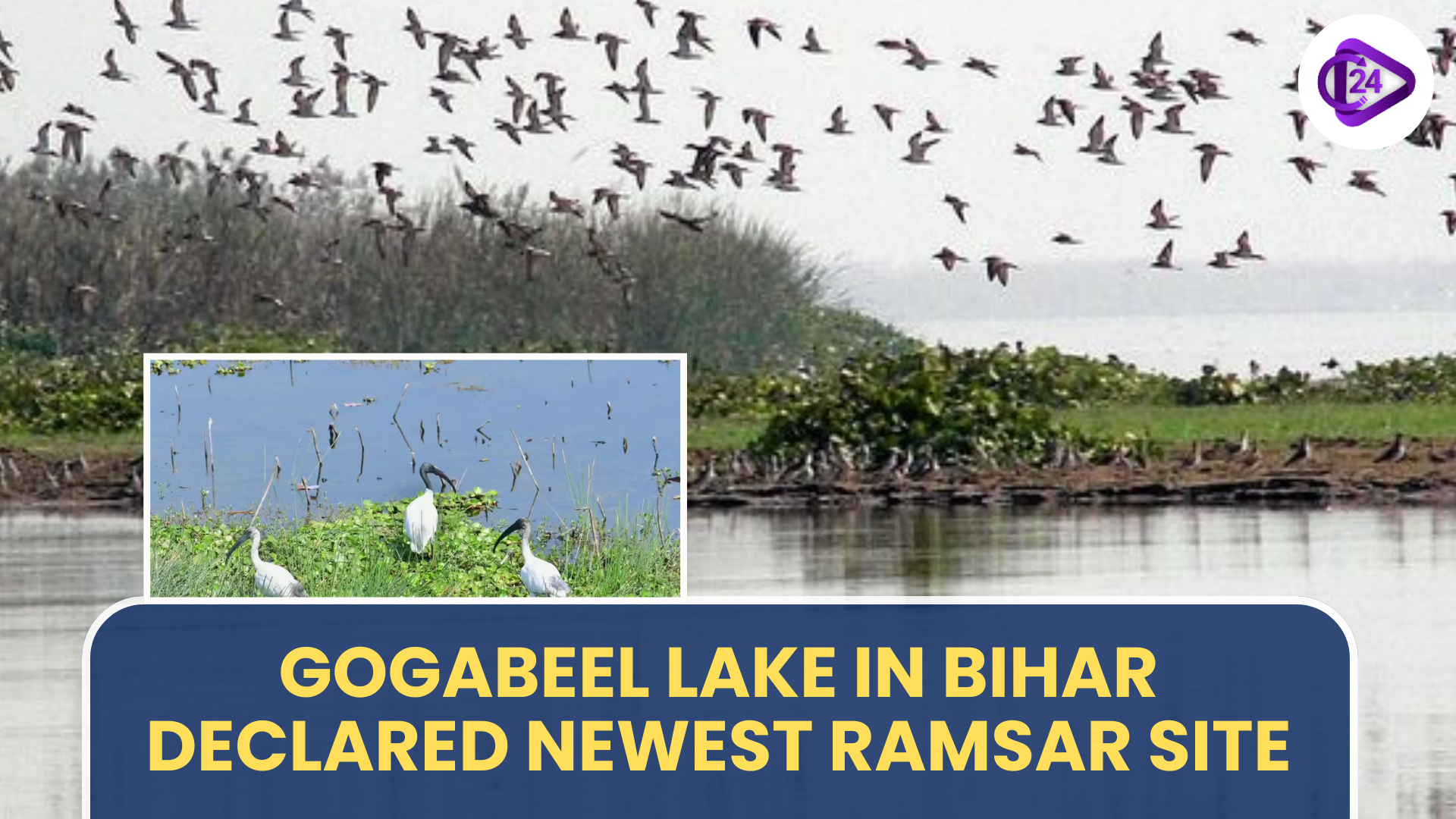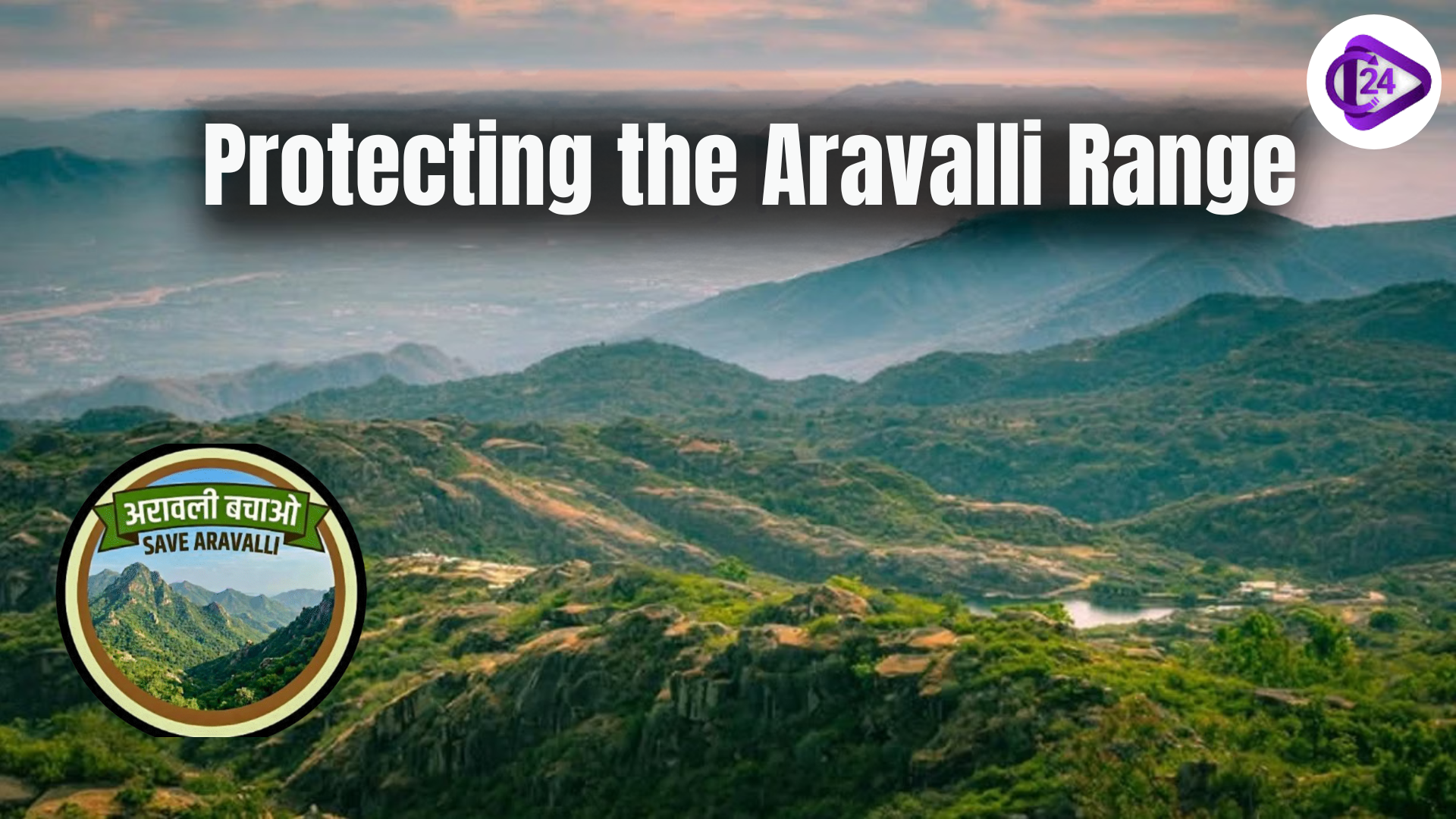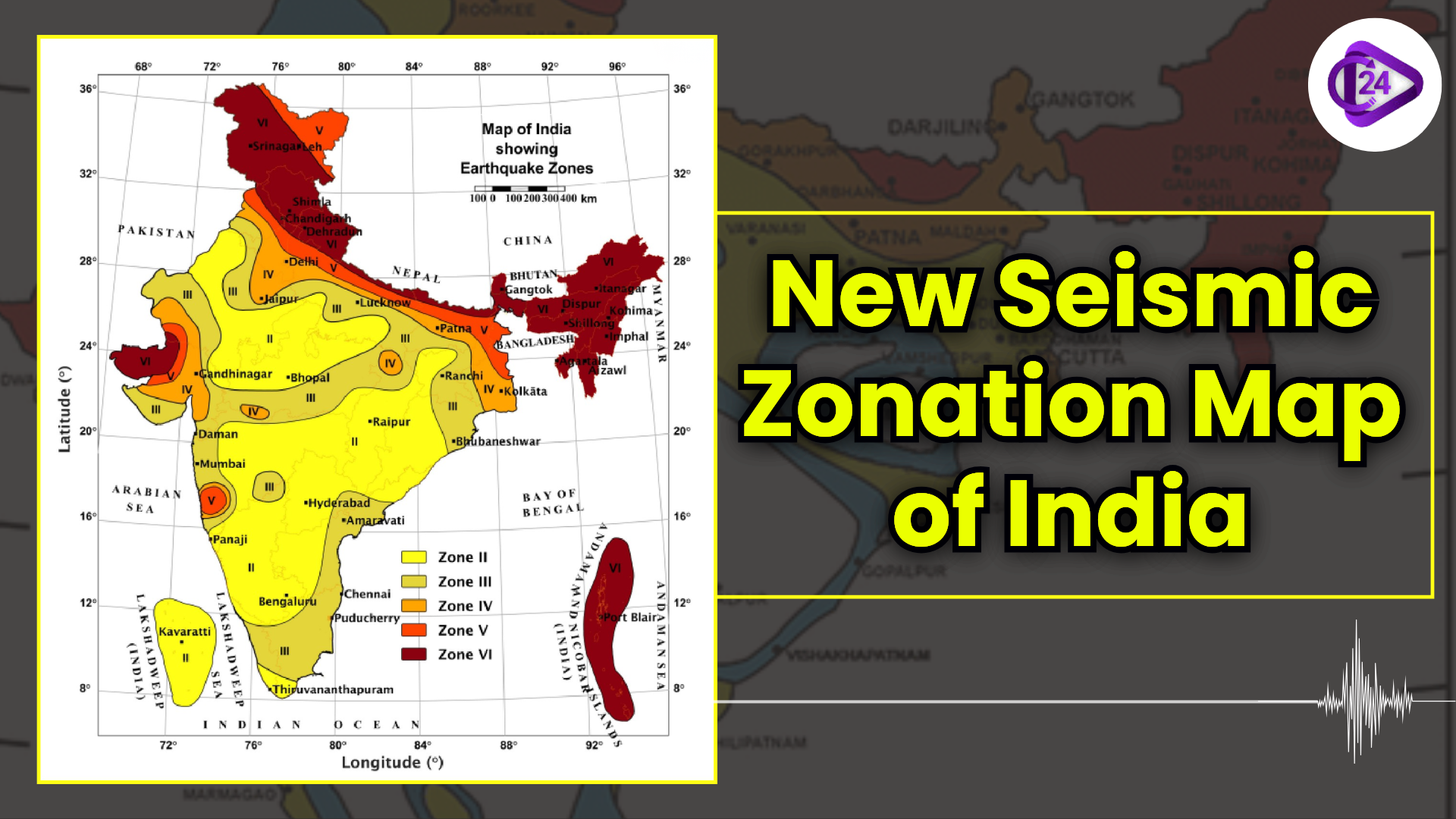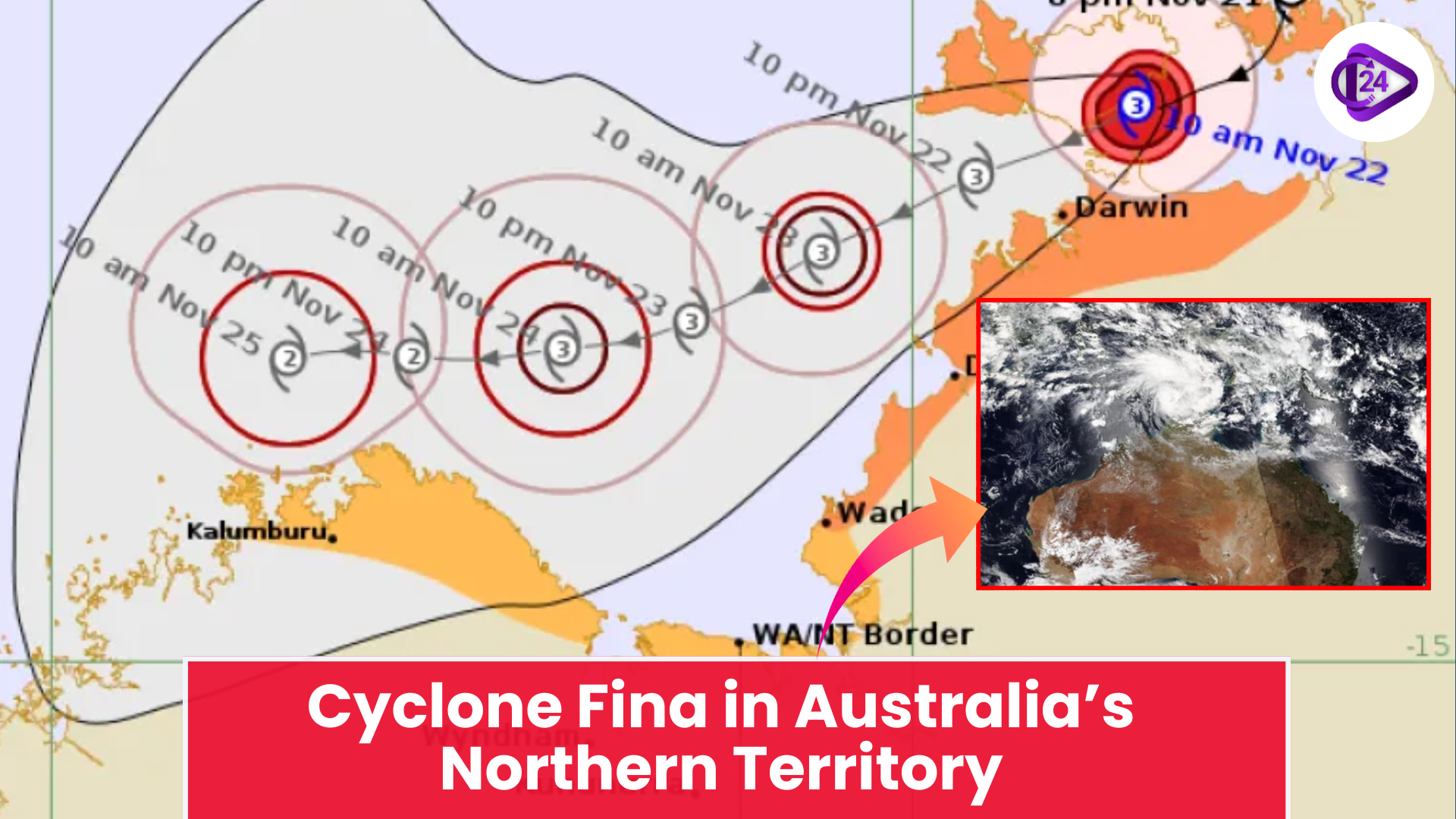Daily Quizzes
Mock Tests
No tests attempted yet.
Select Category

Gogabeel Lake, part of the Katihar district of the Indian state of Bihar, became the latest Ramsar Site of the wetland of international importance. The oxbow lake is the result of the winding course of the Ganga and Mahananda rivers, which occupy an area of 86 hectares and ensure the abundant biodiversity. It offers an important habitat to several migratory birds and supports local populations through fishing and farming. The ecological value of the lake is put into the spotlight by the Ramsar designation, and helps to focus on conservation, sustainable livelihood, and resilience to climate change. The discovery of Gogabeel Lake reinforces the current Indian endeavors against the misuse of essential wetlands and the conservation of natural ecosystems to sustain future generations.
Key Highlights about Gogabeel Lake and Geography Impact
-
Gogabeel Lake is a lake that is a result of the meanders of the Kankhar, Mahananda, and the Ganga that is in Katihar district in Bihar.
-
It is the first Community Reserve Ramsar Site in Bihar that covers an area of 86.63 hectares.
-
The lake helps in flood control and groundwater replenishment in the Ganga flood system.
Flora and Fauna of Gogabeel Lake
-
Flora: This is natural scenery comprising tropical dry deciduous forests.
-
Fauna: It supports wintering activities of some migratory birds and endangeredvisually important species of the world.
-
The Smooth Coated Otter (Lutrogale perspici lata) and Helicopter Catfish (Walago attu) can be found there.
-
It functions as a breeding place for Vulnerable species of fish, Walago attu.
Conclusion
Declaring Gogabeel Lake the first Ramsar Site in Bihar is a crucial step to the protection of the wetland ecosystems in India. It is ecologically important because it has a unique geographical setting, biodiversity, and it supports livelihoods in its surroundings. This success will enhance the rural activities of environmental protection, sustainable development, and climate resilience in the Ganga floodplain region.



 Goa Set to Release Its First Biodiversity and Culture Map
Goa Set to Release Its First Biodiversity and Culture Map Gujarat Becomes India's No. 1 Renewable Energy Contributor
Gujarat Becomes India's No. 1 Renewable Energy Contributor Global Water Bankruptcy Report
Global Water Bankruptcy Report Mumbai To Host India's First City-Led Initiative To Showcase Climate Action
Mumbai To Host India's First City-Led Initiative To Showcase Climate Action Biologist Toby Kiers Wins Tyler Prize for Revealing Fungal Networks
Biologist Toby Kiers Wins Tyler Prize for Revealing Fungal Networks Why Protecting the Aravalli Range Matters for Climate, Water, and Biodiversity
Why Protecting the Aravalli Range Matters for Climate, Water, and Biodiversity Supriya Sahu Wins UNEP Champions of the Earth 2025
Supriya Sahu Wins UNEP Champions of the Earth 2025 World Soil Day 2025: Celebrating “Healthy Soils for Healthy Cities”
World Soil Day 2025: Celebrating “Healthy Soils for Healthy Cities” New Seismic Zonation Map of India
New Seismic Zonation Map of India Cyclone Fina Hits Northern Australia With Destructive Force
Cyclone Fina Hits Northern Australia With Destructive Force






